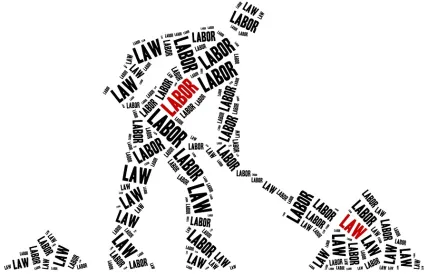The end of 2016 is a good time to review and consider a subtle shift in employment law which appears to be gaining momentum. The shift, which may be imperceptible at first, could prove to have lasting impact on employers, especially those who operate in multiple cities and states, and can easily be described as “going local.”
What is “going local?” It means simply the increase in number of instances in which cities or states successfully challenged federal regulations or adopted employment regulations specific to their locality. In 2016, this happened in two important areas: (1) the challenge to the federal Department of Labor’s (DOL’s) proposed overtime regulations; and (2) enactment of a number of local paid leave ordinances. Both deserve attention for both their substance as well as the circumstances of where and how the challenge or ordinance originated.
On November 22, 2016, a federal judge in Texas issued a temporary nationwide injunction preventing the U.S. DOL’s overtime rule from taking effect on December 1. The DOL has appealed the decision to the Fifth Circuit Court of Appeals, which is now pending.
 But beyond the particular issue at hand – implementation of sweeping changes to the salary requirements for overtime exemptions – it is worth reviewing how the case came about. Specifically, –21 individual states and over 50 business organizations challenged the overtime rule in federal court. They argued that the federal government’s DOL exceeded its ”reasonable exercise of authority” in proposing and seeking to implement the higher salary thresholds. In other words, the states rose up against something the federal government proposed to do.
But beyond the particular issue at hand – implementation of sweeping changes to the salary requirements for overtime exemptions – it is worth reviewing how the case came about. Specifically, –21 individual states and over 50 business organizations challenged the overtime rule in federal court. They argued that the federal government’s DOL exceeded its ”reasonable exercise of authority” in proposing and seeking to implement the higher salary thresholds. In other words, the states rose up against something the federal government proposed to do.
On the other hand, not all state and local actions in the employment law arena have been aimed at restricting the federal government. In 2016, a number of states and municipalities acted to fill voids that they believed the federal government allowed to exist. For example, since the implementation of the Family and Medical Leave Act in 1993 – which provides for unpaid leave – there have been cries at all levels for paid leave. To fill this void, in 2016, more and more states and municipalities passed laws or ordinances requiring paid leave. For instance, on January 1, 2017, laws requiring paid leave will go into effect in Vermont and Spokane, Washington. Similar laws or ordinances will take effect in Minneapolis, St. Paul, and Chicago and Cook County, Illinois on July 1, 2017. Expect the trend to continue as other cities consider similar paid leave requirements in 2017.
So what does this mean for employers? Is this merely an interesting political science trend? No. The importance of what is occurring is that states and cities are asserting their own authority to craft employment laws particular to their own jurisdiction or belief. These cities and states are not content to follow the lead of the federal government. This trend is likely to continue in other areas as well, such as broadening local or state anti-discrimination protections challenging when employers can require employees to avoid or limit on call scheduling practices for employees. The list may well go on. Employers must be constantly aware of actions in the locales in which they operate and adopt policies that not only follow the law, but which provide the greatest consistency possible for the entire company.
Here’s to what has been an interesting, if not bumpy, 2016, and to (hopefully) good things to come in 2017.




 />i
/>i
